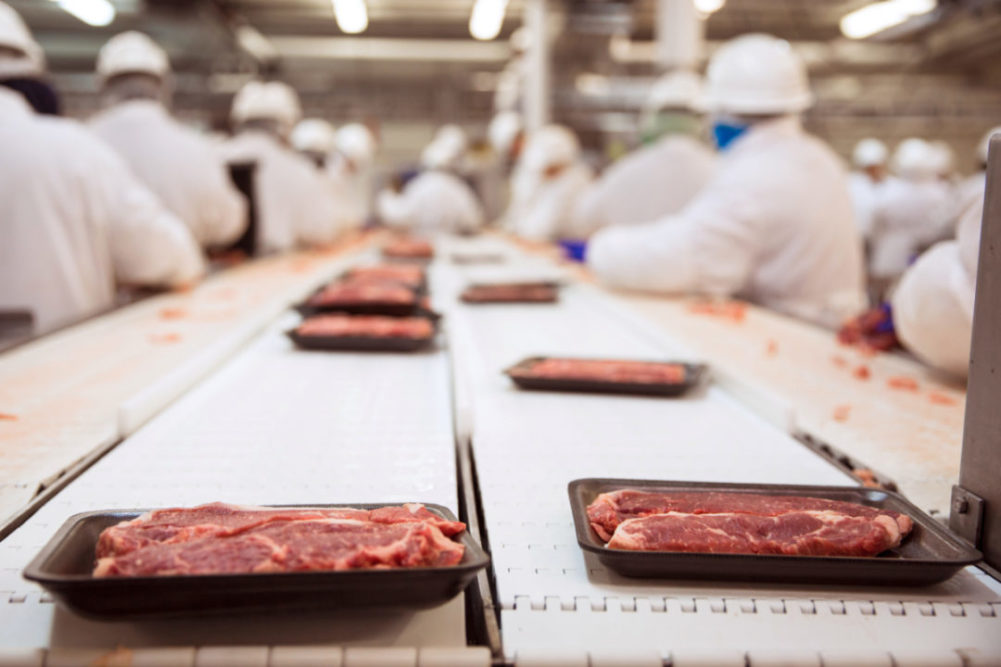WASHINGTON – Meat industry groups are voicing opposition to legislators attempting to pass the Processing Revival and Intrastate Meat Exemption (PRIME) Act.
Bipartisan members of the House of Representatives and the US Senate have laid out proposals during the last two months.
One of the bill’s objectives is to permit the intrastate distribution of custom-slaughtered meat to various foodservice and retail channels.
The North American Meat Institute (NAMI) said it would oppose the bills due to the risk to food safety.
“American consumers rely on rigorous USDA inspection to ensure the safety and quality of their meat and poultry,” said Julie Anna Potts, president and chief executive officer of NAMI. “Allowing meat to enter commerce without inspection – and without alerting consumers they are buying uninspected meat – jeopardizes food safety and will undermine consumer confidence in all meat products.”
NAMI also said that the PRIME Act would amend the Federal Meat Inspection Act to allow custom slaughter facilities to sell uninspected meat directly to consumers and other outlets.
The association said that federally and state-inspected facilities that hold cooperative agreements with the Food Safety and Inspection Service (FSIS) have inspectors conducting oversight of operations to ensure the safety of meat products and the health and wellness of the livestock. If a problem happens, products that hold the USDA inspection can be traced back.
“It is important for the American economy and the entire meat value chain that the safety of our meat and poultry is never taken for granted,” Potts said. “The meat and poultry industry, and the taxpayer, has invested billions of dollars in food safety protections, research and infrastructure to ensure we have the safest meat in the world. While this bill may be well intentioned, it poses especially unnecessary risks given the many resources available to help new and small facilities gain inspection from FSIS.”
The National Cattlemen’s Beef Association (NCBA) also stated its opposition to the bill.
“NCBA is in favor of reducing regulatory burdens, but not at the expense of food safety,” said Todd Wilkinson, president of NCBA. “While the PRIME Act is well-intentioned, allowing uninspected beef to enter the retail market is dangerous to consumers.”


